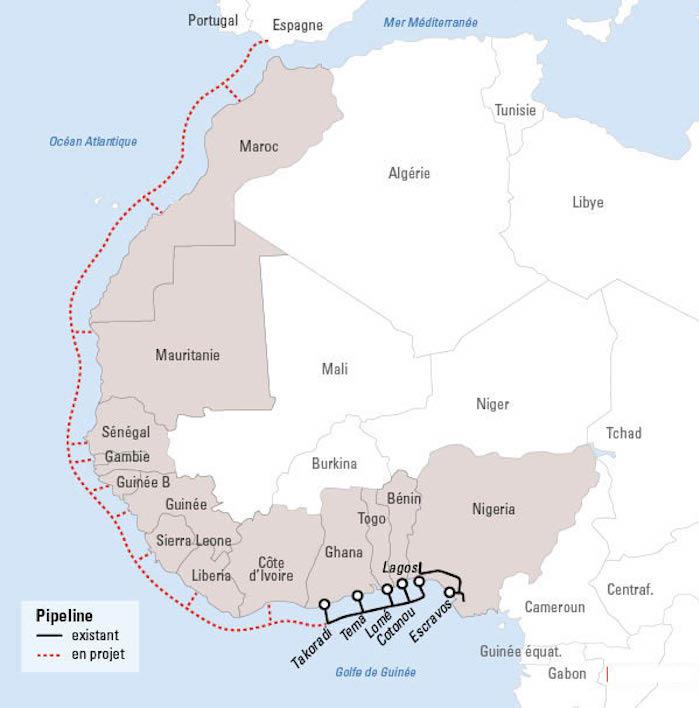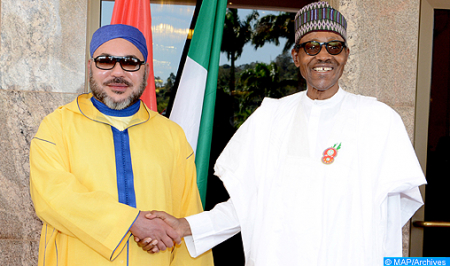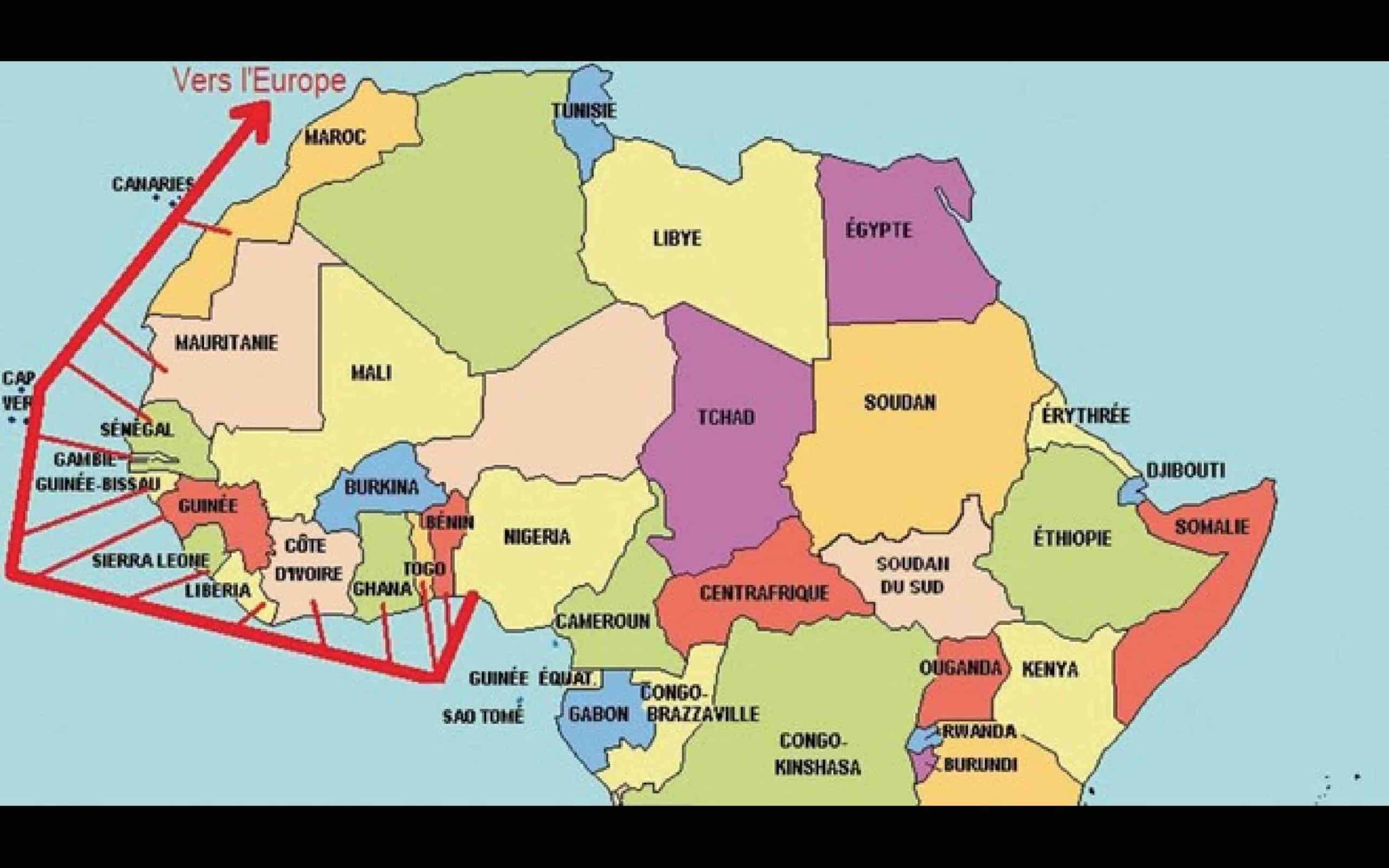The military coup in Niger has added political instability to terrorism risks in a region beset with violent extremism and weak states making Algeria’s ambitions to establish a gas pipeline channelling Nigerian gas an unfeasible project.
Algeria has for long fantasized about a pipeline to transport Nigerian gas to Europe, a project that has been delayed for over a decade due in part to distrust of the Algerian regime and its hegemonic agenda in the region.
The coup adds instability to insecurity in a region where Jihadist groups- mostly led by Algerian extremists- have taken advantage of porous borders.
A country that is not able to protect its president against coups is certainly not able to protect a vital gas pipeline, analysts say.
The coup also vindicates Nigeria’s lack of enthusiasm towards the Algerian project. Nigeria looks forward instead to the safer Atlantic pipeline that will take an on-shore/offshore course delivering gas to 13 West African countries all the way to Morocco and potentially to Europe.
While Algeria speaks about the trans-Saharan pipeline that was intended to cross Niger as a political rhetoric to unsettle Morocco, Rabat and Abuja have already embarked on the feasibility studies phase for a project that is endorsed by the Moroccan monarchy, the Nigerian presidency, and the ECOWAS.
The Atlantic Nigerian-Moroccan pipeline will also help Western African nations develop their gas exports to Europe, especially Mauritania and Senegal where significant gas assets have been discovered.


